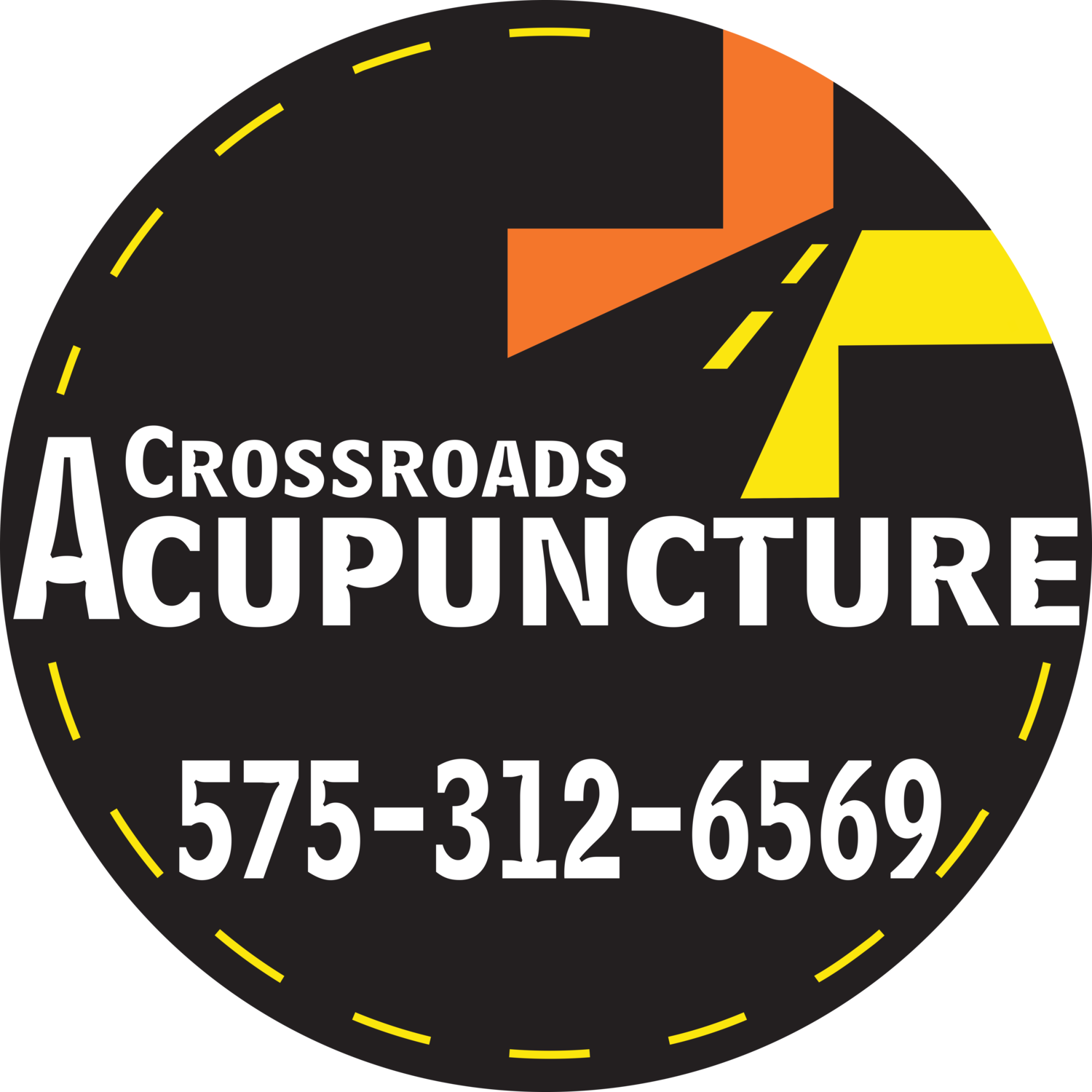East meets (South)west by Zak Hanson
Crossroads Acupuncture looks forward to New Year as a nonprofit
By Zak Hansen, Las Cruces Bulletin
In March 2012, Crossroads Community Acupuncture opened its doors in a small closet space within a building undergoing construction at 125 N. Main St., becoming the first low-cost community acupuncture clinic in the Las Cruces/El Paso region. After raising enough money to move to a large, refurbished space just down the street, CCA moved to its current location, inside one of the oldest buildings in Las Cruces, at 130 S. Main St. (EDIT: Crossroads has since moved to 1320 S. Solano)
With a mission of providing acupuncture and health services for people of all income levels throughout the region, Crossroads has helped provide more than 25,000 treatments, most in impoverished or underserved areas.
On Jan. 1, 2014, however, Crossroads will ring in the New Year, close it's clinic as a for-profit, and w new non-profit organization will re-open as Crossroads Community Supported Healthcare, a nonprofit, allowing them to further their goal of providing affordable health services to, truly, everyone.
Crossroads founder and acupuncturist Ryan Bemis first gained an interest in acupuncture while working in Portland, Ore.
“I had gotten a job at a detox program in Portland, where they were detoxing heroin addicts and alcoholics, a lot of whom lived on the street,” Bemis said. “The first thing they’d do, before they sat down with a counselor, was sit them in a group and gave them ear acupuncture.”
Bemis was immediately impressed with the efficacy of the treatment, known as “acudetox” or the NADA (National Acupuncture Detoxification Association) protocol.
“I was fascinated by the group atmosphere because, in this program, every day the clients would get up in the morning, come together in a group and get ear acupuncture,” he said. “A lot of them weren’t people who were comfortable sitting in a group, or in silence, and there they were in this almost meditative state. “As a counselor, I heard a lot about how much it helped them to get clean, to stay calm, to feel like themselves, to help with withdrawals.”
His interest piqued, Bemis began studying acupuncture, going on to earn his master’s degree from the Oregon College of Oriental Medicine in 2011.
In Portland and throughout the US, Bemis said, there are a number of clinics, like Crossroads that offer sliding-scale, community acupuncture, as opposed to the more conventional – and more expensive – one-on-one setting.
Bemis brought that model to the Southwest when, working on his thesis, he, together with fellow Crossroads acupuncturist Mateo Bernal started a project in the border region, training practitioners through the Catholic church.
Brought in to support the Catholic church’s response to violence, Bemis and Bernal began training pastoral workers in the NADA ear acupuncture protocol. To date, more than 86 health workers have been trained, most of whom provide free ear acupuncture out of their churches and mental health programs.
In Las Cruces, Crossroads helped install ear acupuncture services at St. Luke’s Health Clinic at the Community of Hope, where free, walk-in treatments are offered every Wednesday from 10 a.m. to noon.
Following the successful startup of this cross-border project, Bemis opened the Las Cruces clinic, which currently sees an average of more than 170 clients a week, for a wide variety of maladies, on a simple, community-minded and cost-effective model.
Bemis said people come in for treatment for a multitude of reasons, from the small to the dire.
“We have people come in to treat pain, stress, anxiety, depression, addiction, sleep problems, chronic fatigue, chronic autoimmune disorders such as Lupus, rheumatoid arthritis, multiple sclerosis, Parkinson’s disease, peripheral neuropathy. We also have people coming in for things like irritable bowel syndrome, stomach upset and constipation, all the way to people looking to help with schizophrenia and bipolar disorder.”
Although demonstrated to be very effective in studies from diverse of organizations as the WHO and the U.S. Military, which utilizes staff acupuncturists and NADA-trained psychologists to treat PTSD, Bemis points out that acupuncture is not a magic bullet.
“Acupuncture is not a cure for a lot of these things – for most of them, though, Western medicine doesn’t have a cure either – but if it’s accessible on a regular basis, it can greatly enhance the quality of life and improve health outcomes.”
Relying on the community also allows Crossroads to avoid unnecessary complications between patient and provider.
“A lot of acupuncturists have to depend on insurance for reimbursement,” he said. “Then, the company is dictating how we treat people, adding more paperwork and bureaucracy between them and treatment. We have a philosophy of simplicity in how we provide care.”
The goal, Bemis said, is not to get rich.
“We want people to be able to afford our care,” he said. “Our goal is to serve the community and be able to pay our staff a living wage.
“Families can afford to come here. I want to be able to provide treatment for my next door neighbor, my friends, my family, and I can’t imagine practicing it any other way.”
Whether steeped in the violence of border cities, or in the relative peace of Downtown Las Cruces, Bemis said, in the end, acupuncture is largely about providing safe space.
“If people can be safe and comfortable, be able to walk out of the door on their own two feet feeling ready to face the world again, then that’s a mission accomplished,” he said. “This is less about fixing or curing, or becoming a wizard or guru, and more about community building.”
Visit barefootacupuncturemovement.com for more information about their project in Juarez, Mexico. Schedule an appointment at their new clinic with Families and Youth, INC at crossroadsacupuncture.com or call 575-312-6569.
